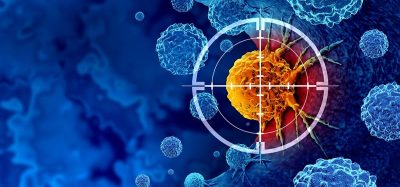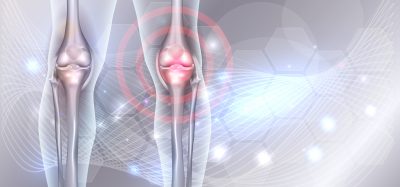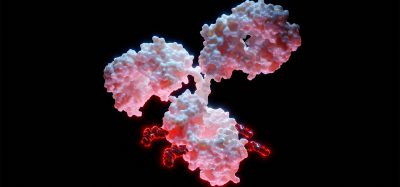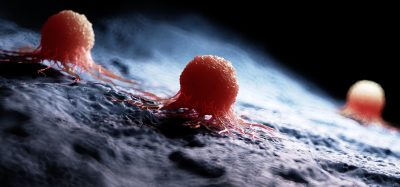New colon organoids better resemble both healthy and diseased colons
Posted: 21 November 2023 | Drug Target Review | No comments yet
Researchers have developed organoids with naturally occurring early-stage immune cells, which could lead to effective personalised treatment.
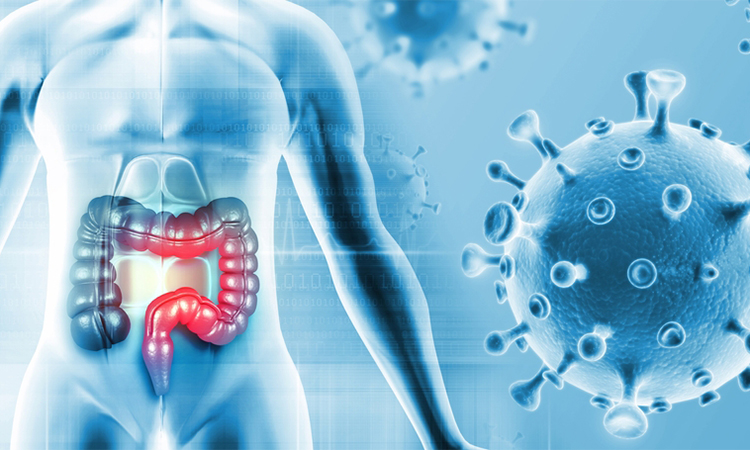

Medical University of South Carolina (MUSC) and Cincinnati Children’s Hospital researchers have created a model for studying the diseased colon. This could lead to the development of personalised treatments for colon-related diseases, like cancer and inflammatory bowel disease (IBD).
To improve upon existing organoids which have no natural connection to immune components, Dr Jorge Munera from MUSC Hollings Cancer Center, collaborated with Dr James Wells and Dr Daniel Kechele, both from Cincinnati Children’s Hospital, to grow miniature human colons complete with an immune system. The new colon organoids better resemble human colons in healthy and diseased states.
Dr Munera said: “We think that this new model is significant because most gastrointestinal diseases involve the immune system and inflammation.”
Methods for studying colon diseases, like colon cancer and IBD, have been restricted to cells and animal models until recently. Often, cells are extracted from cancerous tumours, decreasing their applicability to the study of non-cancer diseases. Also, treatments in animal models sometimes do not provide the same benefits to humans.
Organoids, three dimensional (3D) groups of cells that mimic organ functions, are much more complex than human cell cultures. However, they lack features of complete human organs and unlike animal models, are not connected to an entire body system.
To overcome this, Dr Munera, Dr Wells, and their colleagues induced these next-generation organoids to develop early-stage immune cell types, which reside in colon tissue naturally. This research builds upon work published in Nature Biotechnology, led by Dr Michael Helmrath at Cincinnati Children’s Hospital. Dr Wells said: “Importantly, these immune cells are nearly identical to those found in the human body, where they are able to detect disease-causing bacteria and remove them.” He continued: “This is an important step for research aimed at identifying future therapies for IBD and other diseases, impacting the gastrointestinal tract.”
Using stem cells derived from patient blood samples, the team made colon organoids. Under the correct conditions, stem cells communicate with each other to form a colon organoid, and the cells’ communication enables them to self-organise into layers in a similar way to natural tissue organisation.
Dr Munera explained: “They contain not only the lining of the colon but also the supporting cells and even some immune cells that grow along with the rest of this tissue.” In the new colon organoids, the immune cells are part of the innate immune system and are the body’s ‘first-responders’ to inflammation.
“We have made a more complete human organoid system that we can use to model inflammation in the colon,” Munera added.
In the future, following more development, Munera believes the novel organoid model may aid personalised treatments for colon diseases. For example, the organoids could be made from the blood of a patient with very early-onset IBD, and used to test whether a treatment would work before administering it.
The study was published in Cell Stem Cell.
Related topics
Cancer research, Organoids, Personalised Medicine
Related conditions
Colon cancer, Inflammatory bowel disease (IBD)
Related organisations
Cincinnati Children’s Hospital, Medical University of South Carolina (MUSC)



